Oregano
Origanum vulgare (Oregano) is a spice. Its essential oil component, oil of oregano, is sold as an immune booster. The oil has various antimicrobial properties and can preserve food quality during storage. Human evidence for supplementation is lacking.
Oregano is most often used for
Last Updated:January 24, 2023
Origanum vulgare is the botanical name for the spice oregano. It is commonly used to flavor food or brew tea. The essential oil of oregano also has several alternate uses. It is made up primarily of carvacrol. The leaves of the plant contain a variety of antioxidant compounds, such as rosmarinic acid.
Traditionally, a leaf of Origanum vulgare is taken alongside a meal to aid digestion. One of the active components, thymol, is structurally similar to menthol, which is found in peppermint and is known to relax the soft tissue of the throat and stomach.
The oil of Oreganum vulgare is antibacterial, and has been used to prolong the shelf life of food products by reducing the rate of microbe growth and reducing the spoilage of fatty acids, which occurs when food products like meat go bad.
There is not much human evidence on supplementing either the leaf or oil form of Oreganum vulgare. The oil’s antioxidant aspect seems to be comparable to vitamin C ex vivo (outside the body). Origanum vulgare hinders bacterial replication, but further research is needed to pinpoint the exact mechanism.
The antibacterial properties of oregano oil suggest it is effective at warding off infection and boosting the human immune system, but human evidence for these effects is lacking. The lone study noting substantial efficacy against intestinal infection was funded by a manufacturer of oregano oil.
- Oregano
- Oil Of Oregano
- Wild Marjoram
- Origanum Vulgare
- Origanum majorana (Sweet Marjoram)
The only study on using oil of oregano for oral supplementation used a dose of 600mg. To make tea, steep 15g of oregano leaves in 250mL of water.
The tea is traditionally used to aid digestion, while the oil has antibacterial properties that may boost the immune system.
Both the tea and oil is usually supplemented once a day.
Unlock the full potential of Examine
🚧 Under Renovation 🚧
The information in this section is slated for renovation — it will soon be transformed into a more usable (and readable!) form in the coming months. As such, the text in this section may be out of date and not up to Examine’s current standards for writing style.








